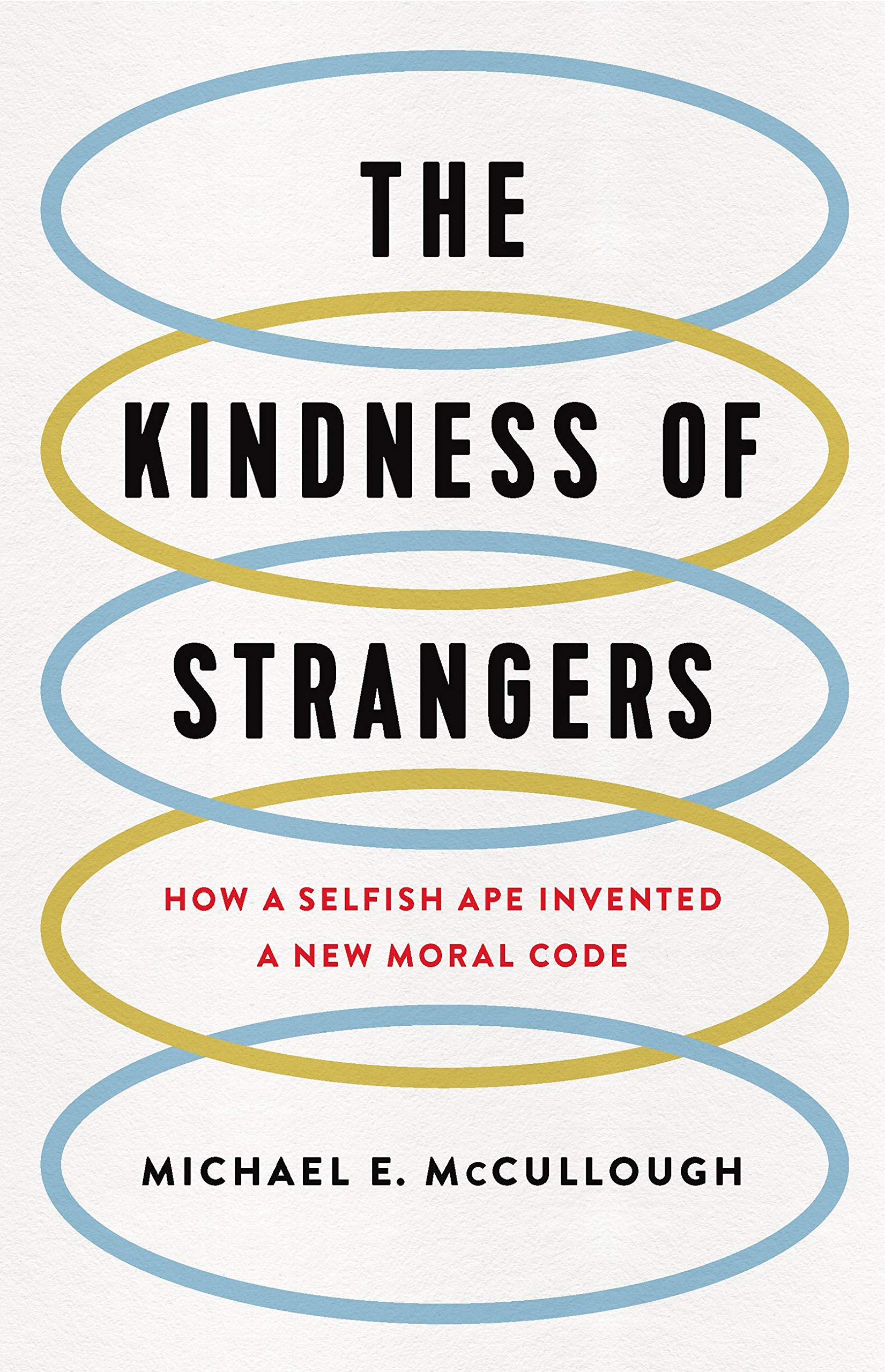The Kindness of Strangers: How a Selfish Ape Invented a New Moral Code
Take a look here at the evolution of altruism, the development of compassion, the regard for kindness as it emerged from the selfish ape to the sometimes self-sacrificing human. As seen through history, man has not been programmed for unselfishness, but external factors seem to be able to modify this deficiency Psychologist Michael McCullough dissects the theories of evolutionary psychologists and biologists seeking evidence of benevolence as a genetic component of behavior. Apparently, the seed of altruism is not an adaptation from natural selection, rather the author argues that kindness developed from the notion that aiding others would result in a reciprocal return, and on the idea of pursuing glory; both rather selfish thoughts themselves. Over the past millennia, through cruel military, social, and infectious crises; subsequent reason and social demands molded more benign behaviors. This is the story that is patiently and clearly delivered in this thoughtful analysis of the factors that influence humans towards more altruistic and caring habits. The author emphasizes the importance of reason as the factor promoting unselfishness as he agrees with Charles Darwin that generosity and altruism are found, not in the genes, but in the lessons taught. A timely topic that the author clearly focuses on the reader.
| Author | |
|---|---|
| Star Count | 5/5 |
| Format | Hard |
| Page Count | 358 pages |
| Publisher | Basic Books |
| Publish Date | 2020-07-21 |
| ISBN | 9780465064748 |
| Bookshop.org | Buy this Book |
| Issue | October 2020 |
| Category | Science & Nature |
| Share |







Reviews
There are no reviews yet.